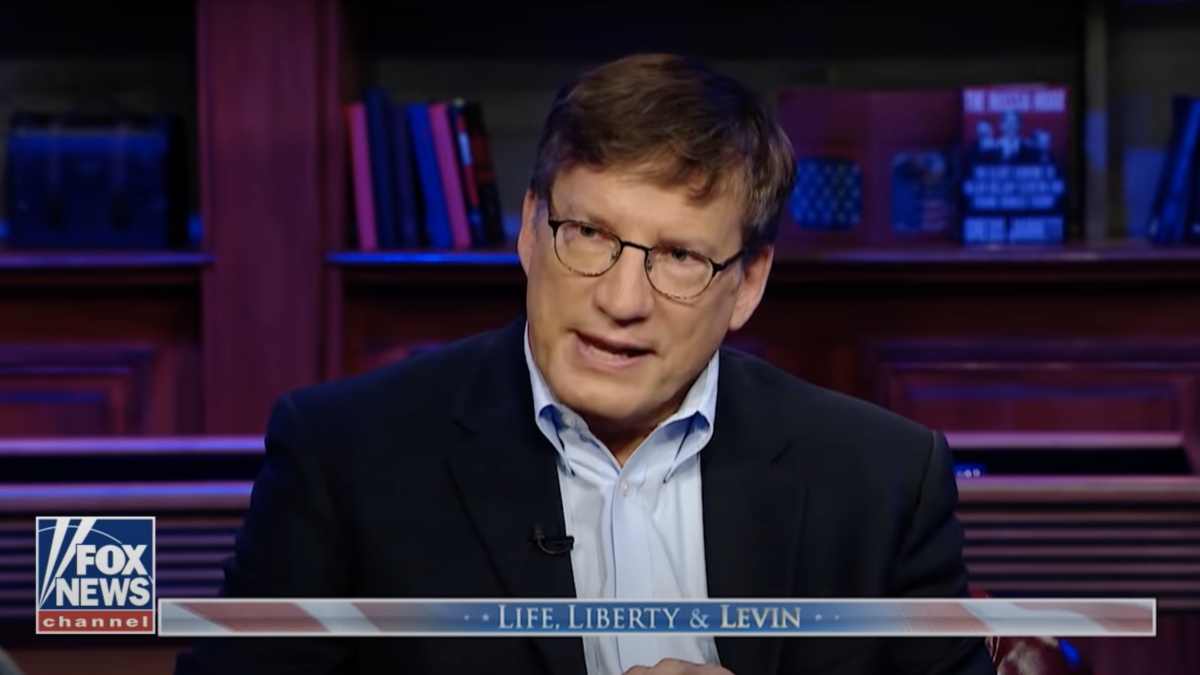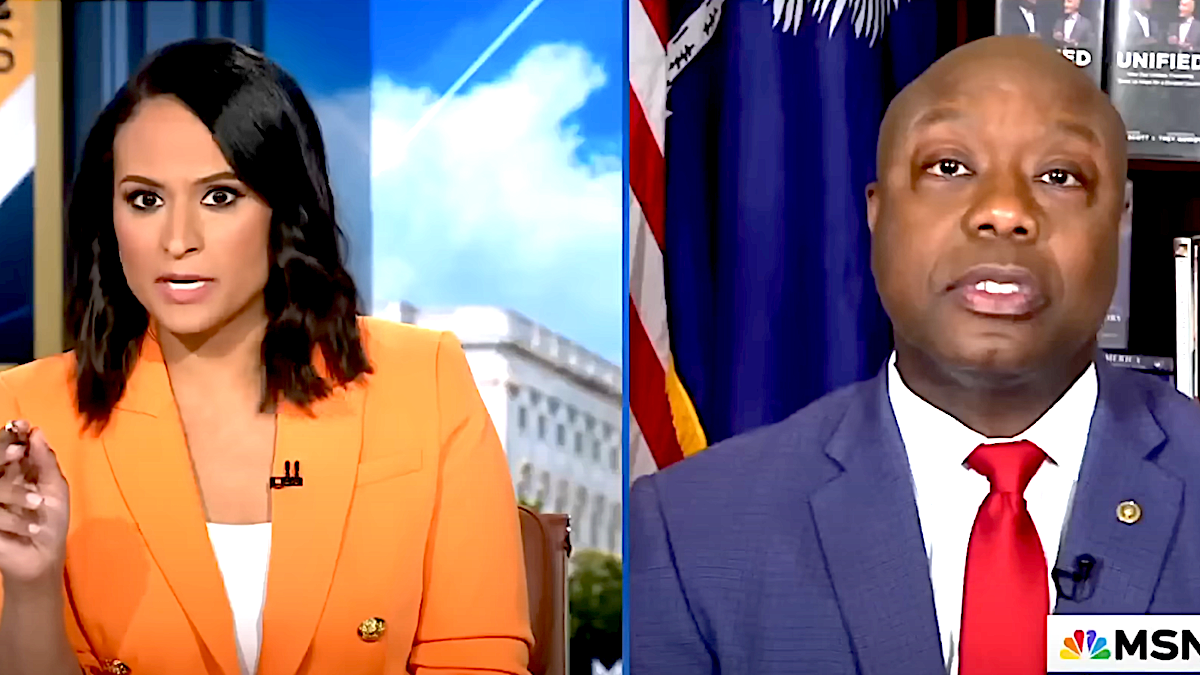
A source tells me Sen. Marco Rubio’s office is not fazed by the national surveillance and central-planning implications of the bill he’s cosponsoring to lift the federal ban on a national student data system. As I wrote two weeks ago: “A ‘unit record’ system is basically a one-stop, portable data profile of every person who enters higher education. The idea is to make it easier for government to track, and eventually influence, who enters what field of study and subsequent career.”
Andrew Kelly, from the American Enterprise Institute’s education team, took to National Review Online to give these lawmakers cover for buying into the unit-record system’s premise of a planned society:
In order to measure and compare the return-on-investment attached to different options, we need data that link graduates’ program of study to their wage and employment information. In a handful of states, students can access some of this information, but they’re the exception.
Someone please tell me why it’s important that government bureaucrats, instead of the individuals taking on a particular education risk themselves, get a dollars-and-cents figure for “return on investment” of getting a particular college degree? Oh, right, because those government bureaucrats are the same people who send our money to anyone, regardless of academic or personal excellence, to get any degree he or she wants (if not direct grants, which have shrinking income restrictions, anyone can get a government-backed student loan).
Now, 50 years into this mass experiment in redistributing wealth and degrees regardless of merit or proof this is a justified government function, people are complaining because higher-education socialism is having the same results socialism always does: High prices, low quality, served with a side of devastating social consequences. All the more reason to double down, right?
Kelly writes:
Many on the right, myself included, have argued that furnishing better data on costs, debt, and student outcomes such as wages and loan repayment is a critical step in helping students and families ‘vote with their feet.’ Right now, colleges can lure students with expensive amenities and gauzy promises of what awaits them after graduation, and students can’t tell fact from fiction. As a result, student choices don’t reward schools that are affordable and effective, and they don’t punish the pretenders. Instead, they prop up firms that would never pass the market test. The failure of the voucher-based market to hold providers accountable has led to increasingly aggressive efforts to bring colleges under direct federal control.
Yes, the market has a problem. Purchasing a college degree is often like buying a pig in a poke–often there’s no way to tell what you’re really getting for that money. The reason for this market failure is government intervention, not the lack of government intervention shaped like a federal student surveillance system. People are purchasing college with far less regard to its long-term effects on their lives than sane people would have because government enables them by handing out college subsidies like K-12 schools hand out condoms.
There are reams of studies indicating this, including a pile produced by Kelly’s employer. Just start surfing their site and reading some Richard Vedder. Kelly says “such information could make people better off; but, in the absence of government action, it’s not adequately provided.” No. Because of government action, it’s not adequately provided. Key difference.
More Government Doesn’t Solve Government-Created Problems
Creating a national citizen surveillance and economic planning system as a way to solve the simple problem of potential students not knowing or generally caring what happens to graduates of any given higher-education institution should be immediately preposterous to any lawmaker who considers himself a conservative, as Rubio and his fellow bill sponsors Rep. Paul Ryan, Rep. Mia Love, and Rep. Duncan Hunter call themselves (and, often make good on).
Let’s think about this a little bit. Who would benefit most from knowing whether graduates of a certain institution, or of its particular programs, are able to support themselves and pay off their loans afterwards? Why, the individual making this decision. So why on earth is there any justification for government intervention here at all? Why are not colleges bragging on their graduation and job placement rates and low student debt loads? Why is this not a salient marketing point for them, a competitive advantage they put in front of every prospective student’s face? Because students are not demanding this data. They are not making their enrollment decisions based on hard evidence about a college’s likely contribution to their futures.
Just imagine going to a restaurant and ordering whatever you want from a menu that includes no prices. Would it be right for you to blame the government for not making the restaurant put prices on the menu? No. You deserve the blame for not asking, or for not walking away when you saw you had no idea how much that dinner would cost you. Would it be sensible to demand that the government create a national registry of restaurant-goers that included their entire eating-out history, of items consumed, at which establishments, for what prices, all in the name of “transparency”? No. It would be preposterous (although, given the trans fat ban, it appears we live in preposterous times).
Consider sports statistics. No government agency enforces “sports transparency” by creating a national registry of sports players that logs all their batting averages, weight changes over time, win and loss records, personal bests, and so forth. Fans and the teams themselves want that data like a dog wants steak. And they get it, no mandates or registry required.
These Trade-Offs Are Insanely Asymetrical
Let’s be clear about the solution Kelly and the assorted Republican bill sponsors are paving the way for. It’s the forcible, nationwide, lifetime collection of personal data on human beings who have no ability to object or opt out. This is utterly contrary to standard social-science research ethics, and for good reason. Research subjects are always supposed to have full knowledge of and full opportunity to consent to their participation in a study. Regardless of how much researchers feel it would be great fun to have this dataset, their desires may (and, given the sample size, will certainly) run contrary to the desires of some of their test subjects.
So what we have is government subjugating millions of people to satisfy a very small group of better-connected people, and not for something crucial such as a clear and present threat to national security, but literally for information that could have been provided, were there a genuine popular demand for it, in an entirely voluntary manner. Unacceptable.
The current federal student-unit-record ban is a crucial barrier to a host of surveillance-state, planned-economy programs big-government advocates have been salivating over for decades. This includes using that data to allow the executive branch to pick college winners and losers, as President Obama himself has said: with a unit-record system and the resulting data feast, “the White House could build the ratings system without relying on an increasingly intractable Congress.” (Thanks to JaKell Sullivan, a citizen researcher who knows an astonishing amount about this topic, for this reference.)
The Obama administration is already doing this. Just witness its decision to tank Corinthian Colleges, then use taxpayers’ money, without congressional authorization, to “forgive” the loans of attending students. Ending the student unit record ban is an open invitation for (further) socializing higher education with little to no input from Congress, not an escape valve that will take pressure out of the Left’s call for education socalism, as Kelly suggests. (Since when have you ever seen the Left back down after the Right meets them halfway?)
Let’s be very clear: Data is power. Centralized, forcible data collection centralizes power within the administrative state. That power belongs dispersed among its many owners: the American people. It is our fundamental right to “be secure in [our] persons, houses, papers, and effects, against unreasonable searches and seizures, and to not have them seized without just cause,” under specific and individual approval from a duly appointed or elected judge. It’s all very nice that a bunch of do-gooders think their wish to pry into our affairs without our consent should trump that right, but no matter what proof-less economic hallucinations they induce in lawmakers to excuse their violation of it “for our own good,” it’s still a grave, foolish mistake.









